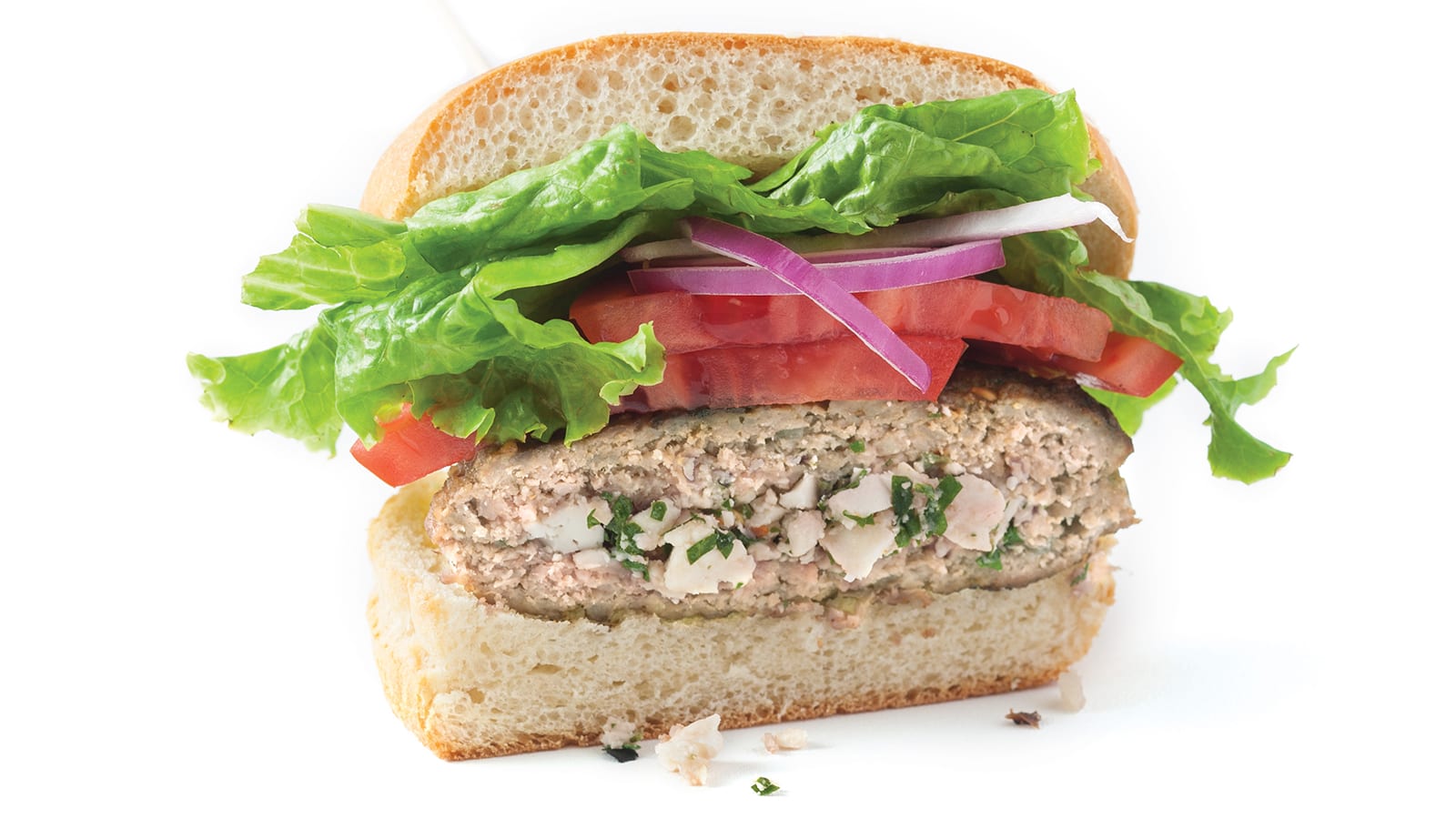Nutrition picks
PCC Nutrition Educator Nick Rose, M.S.
This article was originally published in January 2018

In efforts to take action on climate change, some consumers are reducing their meat consumption by either swapping proteins or adopting a plant-based diet altogether. There are many meat alternatives on the market, but nutritionally some are smarter choices than others.
Here are some of the healthier options to fuel your Meatless Mondays and climate-conscious diets:
Tempeh – Unlike many other meat replacers, tempeh is made without thickeners, fillers or isolated proteins. Tempeh is a whole food, rich in protein, fiber, iron, calcium, manganese and B-vitamins. You can marinate tempeh prior to grilling or baking to maximize flavor, or you can fry tempeh first to create a golden brown crust and then add sauces such as barbecue, teriyaki or honey mustard. Learn more about this soy superfood online here.
Sunshine Burgers – Brown rice and sunflower seeds create a complete protein, while added carrots, mushrooms and other veggies boost the vitamin profile of these whole food patties. These ready-to-heat-and-eat burgers are best warmed in the skillet (not microwave) or crumbled into savory sauces.
Ground turkey (available fresh or frozen) – Replacing beef with poultry (or pork) can make an impact on the environment, as white meat contributes only a fraction of the environmental impact of beef production. A 2011 analysis by the Environmental Working Group showed the carbon footprint of a pound of turkey is about 60 percent less than beef. A 4-oz. serving of ground turkey provides 22g of protein, and a good dose of iron, zinc, selenium and B-12. Incorporate into meatloaf, chili, meatballs, sloppy joes and stuffed peppers for a lower impact meat alternative.
Pro tip: Packaged meat alternatives can be quite high in sodium, so look for products with a 1:1 ratio of kcal to sodium to keep your sodium levels in check throughout the day. (Most adults should strive to consume approximately 2000 calories and 2300mg of sodium per day.)
